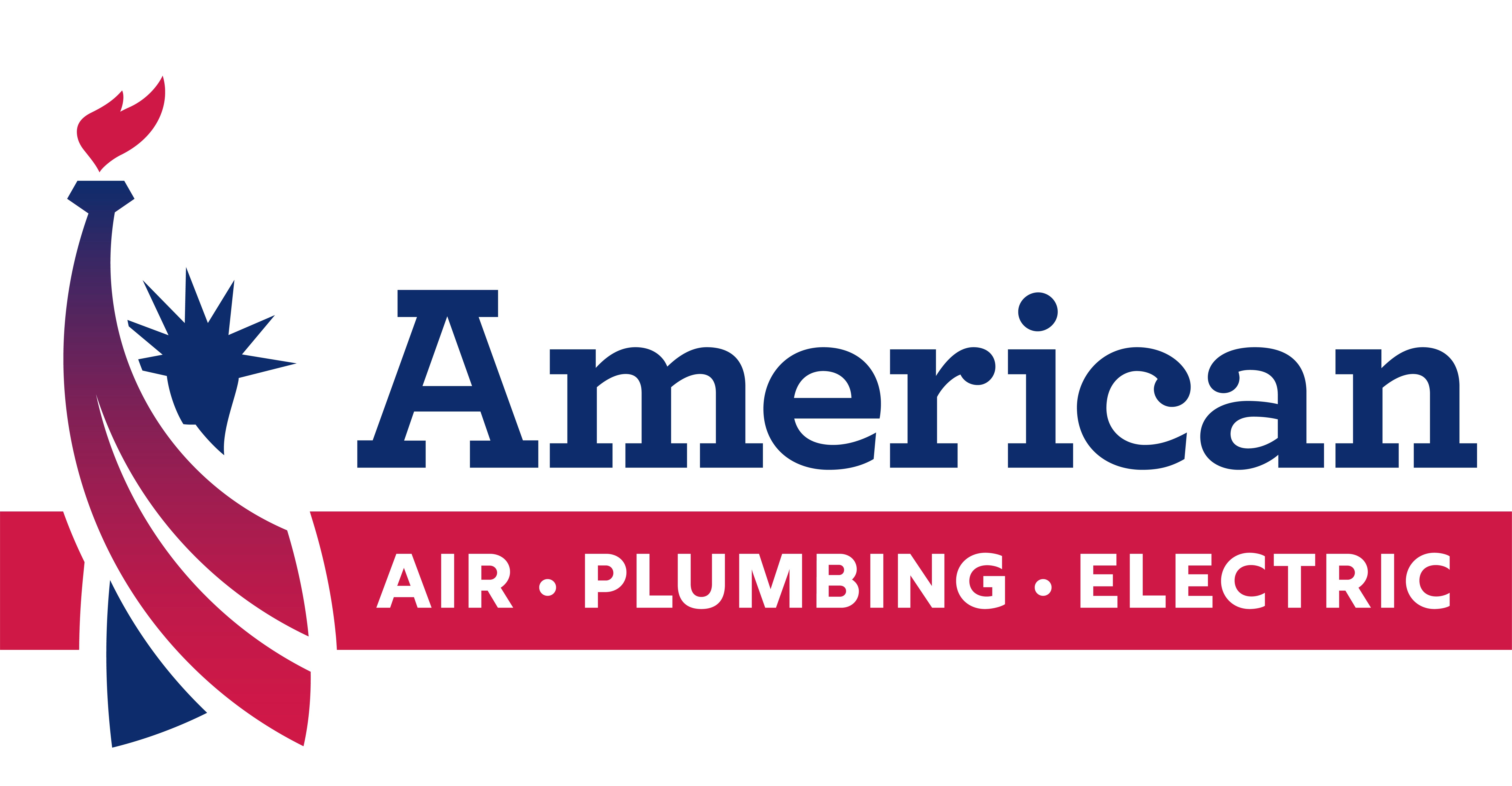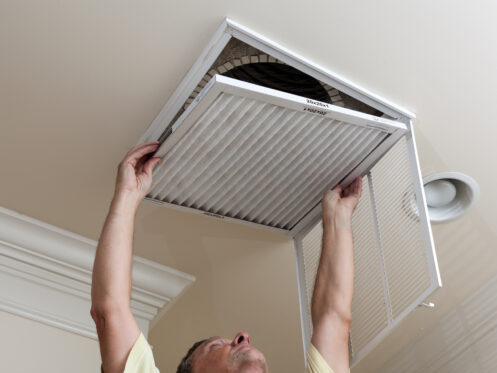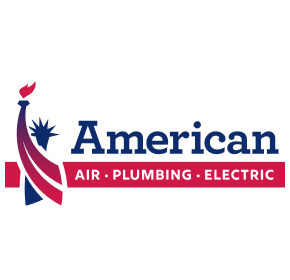HVAC systems in Oviedo, FL, are equipped with filters that help clean the air circulating inside a home or building. These filters trap contaminants such as dust, dander, mold spores, etc. Over time, filters can get clogged due to the accumulation of debris. This makes them inefficient, and they will need to be cleaned or replaced. Let’s explore the reasons why you should ensure you have clean HVAC filters and the different types you can use.
The Importance of Clean Filters
Depending on the air filter model, you should regularly inspect them. They should be washed or replaced when they are dirty. The frequency can increase during periods of intense system use or in homes with pets. When the filter pores are clogged, the system struggles to draw in air. Because there is inadequate circulation of conditioned air, it may fail to evenly heat or cool the entire house. This results in an uncomfortable living environment. You may also be dealing with decreased indoor air quality when filters are dirty.
Dirty air filters force the system to work harder to provide the desired temperature. It becomes difficult to move air through, and some parts, like the fan motor, can wear out prematurely. Increased wear and tear on the system can lead to the need for ongoing repairs.
Classification of Air Filters
Air filters can be categorized into two groups: reusable and disposable models.
1. Reusable Air Filters
Reusable air filters, also known as washable filters, can be cleaned and reinstalled in an HVAC system once they have dried. Their minimum efficiency reporting value (MERV) can vary depending on their design and materials. Most homes utilize a filter that has a MERV rating between 7 and 14.
Pros of Reusable Air Filters
Washable air filters are durable, and with proper care, can last for several years. They are made of long-lasting materials such as synthetic fibers, aluminum mesh, or a combination of both. These materials are easy to clean. You can use a vacuum cleaner or shake them to remove loose dirt. They can also be rinsed with water. Since washable filters only need to be replaced after several years, they are more environmentally friendly than disposable filters.
Cons of Reusable Air Filters
Reusable filters are costly, but that price is offset by the fact that you’re not replacing them very often. You may need to have a couple of them on hand. While one is drying, you’ll need another one to place into your HVAC system. If you were to place a damp filter back into your HVAC system, this would allow for ideal conditions for the growth of mold and mildew.
2. Disposable Air Filters
Most HVAC systems use disposable air filters that are replaced once they become dirty. These filters are usually made from paper, fiberglass, or synthetic polymers.
Pros of Disposable Air Filters
Disposable filters are versatile because you can choose the efficiency rating and size that suit your system and home needs. For instance, you may need the power of a higher MERV rating when your home is prone to indoor air pollution. Disposable filters are also more affordable but need to be replaced regularly. The replacement frequency is influenced by the MERV rating, the intensity of system use, and the level of contaminants in your home.
Cons of Disposable Air Filters
Disposable air filters are a less environmentally friendly option because used filters go into the garbage each time they are replaced. You also need to regularly spend money to purchase a new filter once the current model becomes inefficient. To save money, some property owners may delay the replacement. This can lead to inefficient filtration and health problems due to polluted air.
3. Recyclable Filters
Recyclable filters are made of various materials, including cardboard or plastic frames, that can be recycled. While materials like polyester, fiberglass, and synthetic fibers are not typically recyclable through conventional methods, they can still be disposed of responsibly. Contacting HVAC system and filter suppliers is advisable, as they may have specific recycling programs or guidance on proper disposal methods for used filters and filter materials.
Types of Air Filters
Depending on the type of HVAC system your home has, the following air filter models are available.
1. Fiberglass Filters
Fiberglass filters are among the most common and inexpensive options for home HVAC systems. They are disposable and are designed to capture larger particles. While they are suitable for basic filtration needs, they may not be as effective at removing smaller particles like pet dander or mold spores.
2. Pleated Filters
Due to their unique, folded design, pleated filters have a larger surface area. They are made of polyester fabrics and cotton folds. They have a MERV rating of up to 13. The high surface area and increased MERV rating give these filters better particle capture, including smaller pollutants. Pleated filters are more efficient than fiberglass and have a longer lifespan.
3. HEPA Filters
High-efficiency particulate air (HEPA) filters are renowned for their high filtration capabilities, as they have a MERV rating of 17 or higher. They are designed to capture particles as small as 0.3 microns in size. This includes bacteria, viruses, and airborne allergens. HEPA filters are often used in hospitals and specialized facilities that have strict air quality requirements. However, their high efficiency can lead to increased resistance, interfering with HVAC system performance. Also, they are ineffective in the removal of certain odors.
4. Electrostatic Filters
Electrostatic filters utilize an electrostatic charge to attract and trap particles from indoor air. They are available as reusable or replaceable and are effective at capturing a wide range of particle sizes.
5. UV Lights
UV filtration devices utilize ultraviolet light to kill bacteria, viruses, and mold spores. When the air passes through the UV-C light, short-wave ultraviolet light will destroy the microorganisms. Despite their advantage, UV lights can react with the oxygen molecules in the air, creating ozone, which can affect your health. It’s a good idea to discuss the pros and cons of UV light filtration with an HVAC professional to see if this is a good option for your home.
6. Activated Carbon Filters
Activated carbon filters are designed to remove odors, gases, and volatile organic compounds (VOCs) from the air. They are often used with other types of filters for comprehensive air purification. These filters are especially useful in environments where odors or chemical pollutants are a concern, including new buildings with off-gassing materials, homes where people smoke, etc.
Indoor air quality can influence your health in several ways. The professionals at American Air, Plumbing, and Electrical can help you choose the right HVAC filter for your home needs. We provide heating and air conditioning services to residents throughout Sanford, Oviedo, and the Central Florida area. We also offer other services that can improve your indoor air quality, such as duct cleaning and indoor air quality assessments. Contact us today at American Air, Plumbing, and Electrical to schedule an appointment for HVAC system installation, repair, and replacement.


